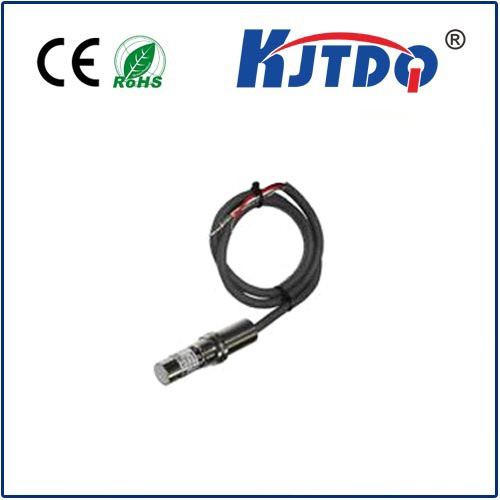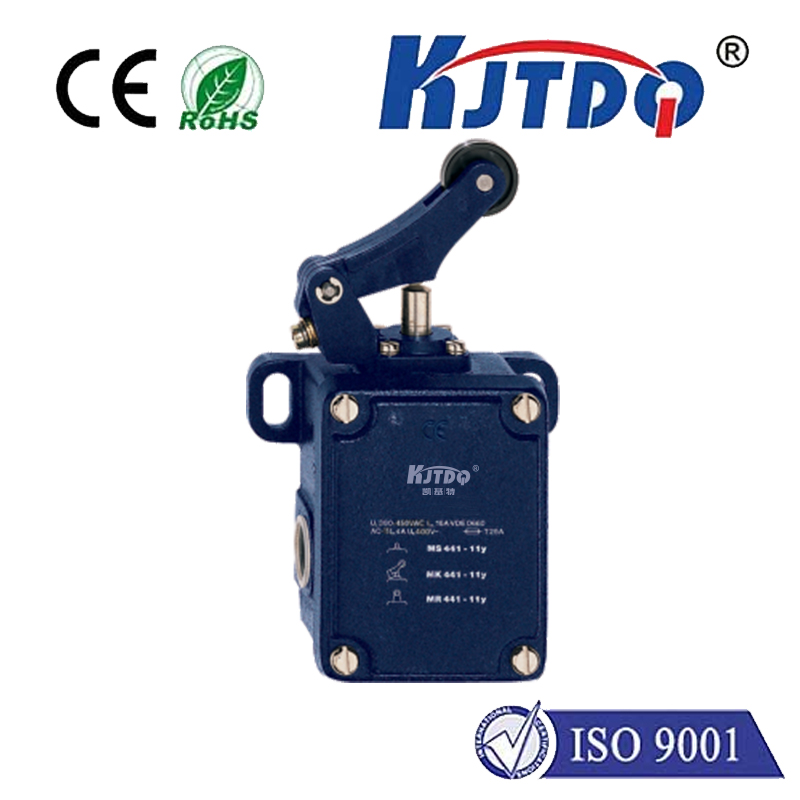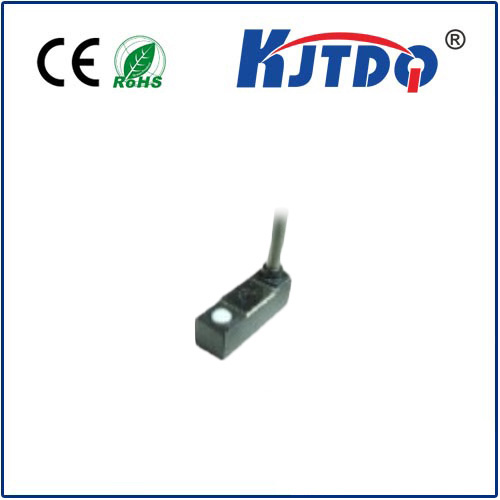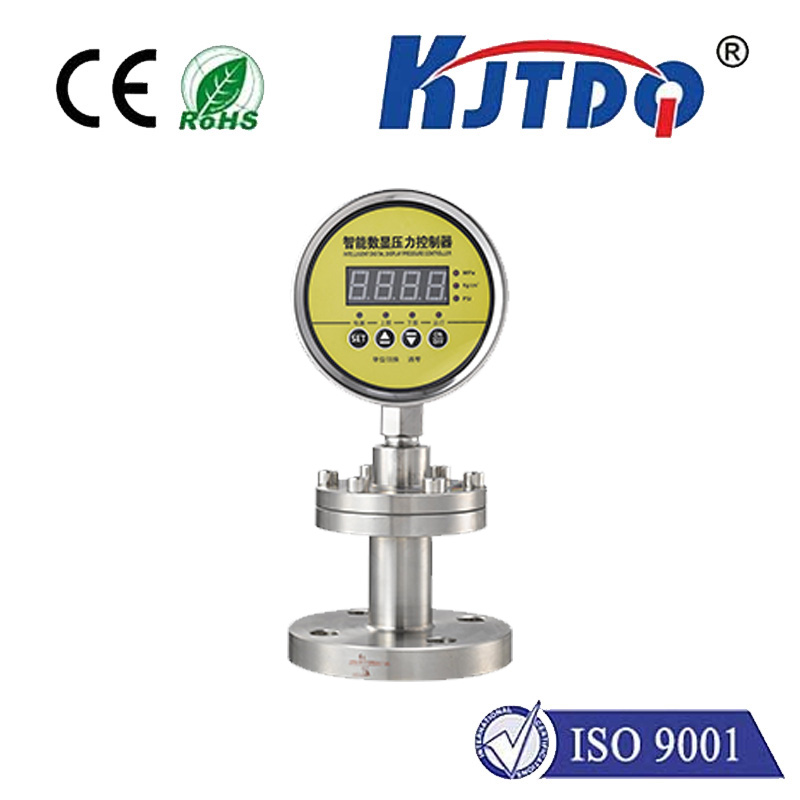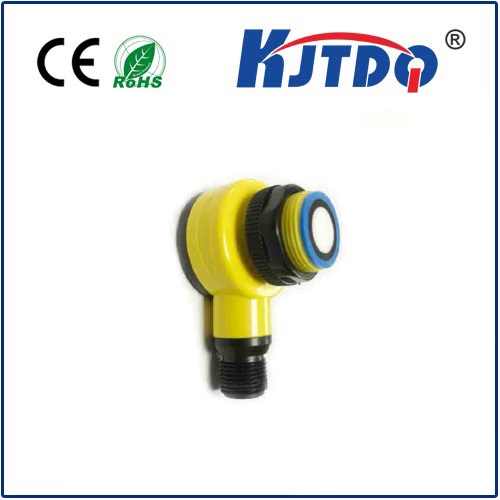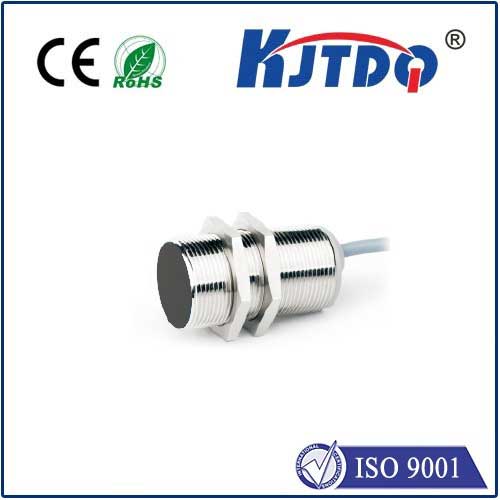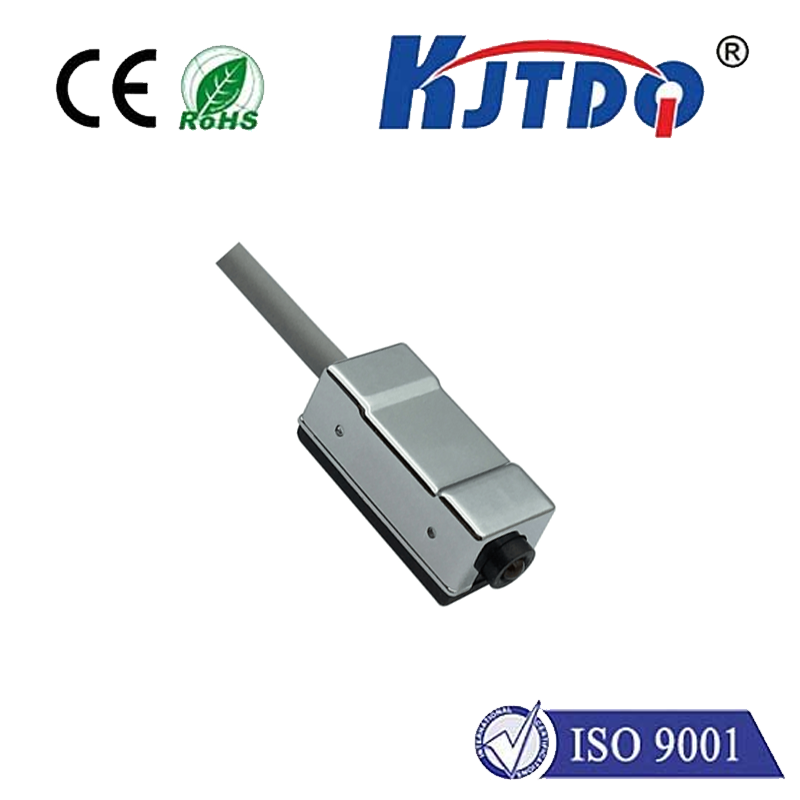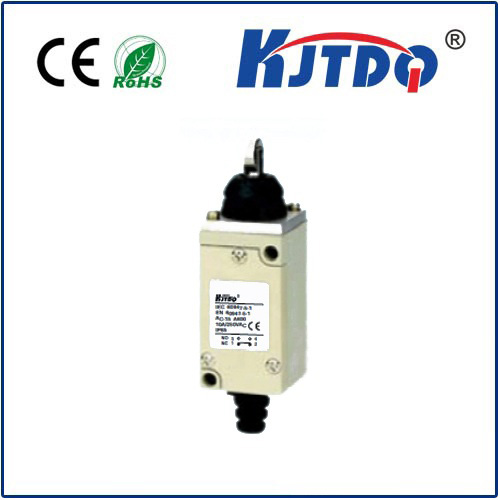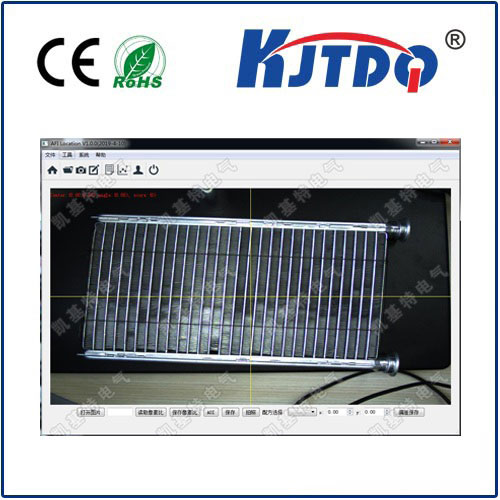
check

check

check

check
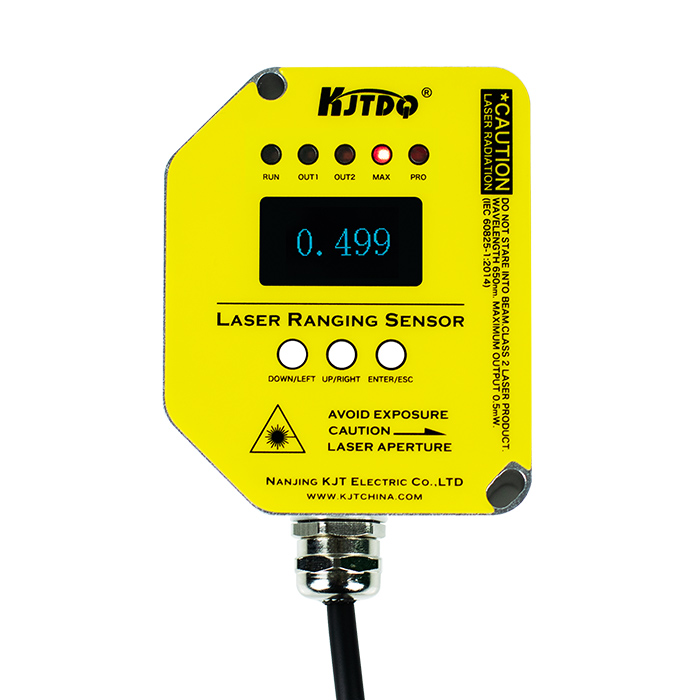
1. Military application: lock the target and hit it with one hit!
In the military field, laser ranging sensors are widely used in gun sighting equipment. Through non-contact distance measurement technology, we can accurately measure the target distance and help snipers lock on to the target. In addition, laser ranging sensors can also be used for important tasks such as terrain mapping and missile guidance, providing key data support for military operations.
2. Public safety: Protect our safety!
Laser ranging sensors also play an important role in fire protection, safety supervision, construction, electric power, water conservancy, communications, environment, geology, navigation, railways, agriculture, forestry, outdoor recreation and other industries. For example, in fire rescue, through laser ranging, we can quickly and accurately grasp the distance to the fire scene and provide data support for the rescue plan. In the construction field, laser ranging can help engineers accurately measure the three-dimensional dimensions of a building for precise structural analysis.
3. Industrial production: Improve efficiency and accuracy!
In industrial production, laser ranging sensors can help us achieve automated production. For example, in automobile manufacturing, through laser ranging sensors, we can accurately measure the position and size of each part of the car body, ensuring that each vehicle can meet strict quality standards. In addition, laser ranging can also be used in fields such as robot navigation and logistics distribution to improve production efficiency and reduce costs.
4. Scientific research experiments: explore the unknown and pursue the truth!
In scientific research experiments, the accuracy and reliability of laser ranging sensors have also been widely used. For example, physicists can use laser ranging sensors to measure basic physical constants such as the speed of light; astronomers can use laser ranging sensors to measure interstellar distances; biologists can use laser ranging sensors to measure the size and shape of biological tissues, etc. wait.
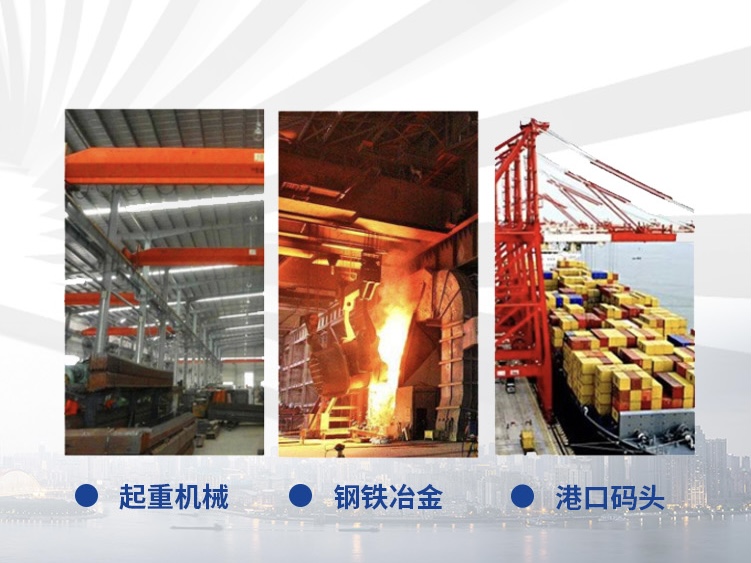
In addition to the application scenarios listed above, laser ranging sensors are also widely used in many other fields. With the continuous development of science and technology, the performance and functions of laser ranging sensors will continue to improve, and its application scenarios will be richer and more diverse in the future.
